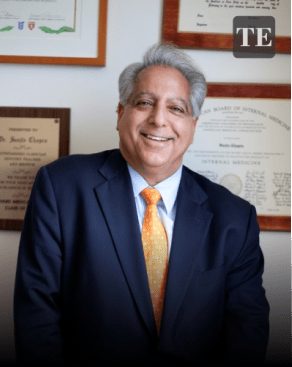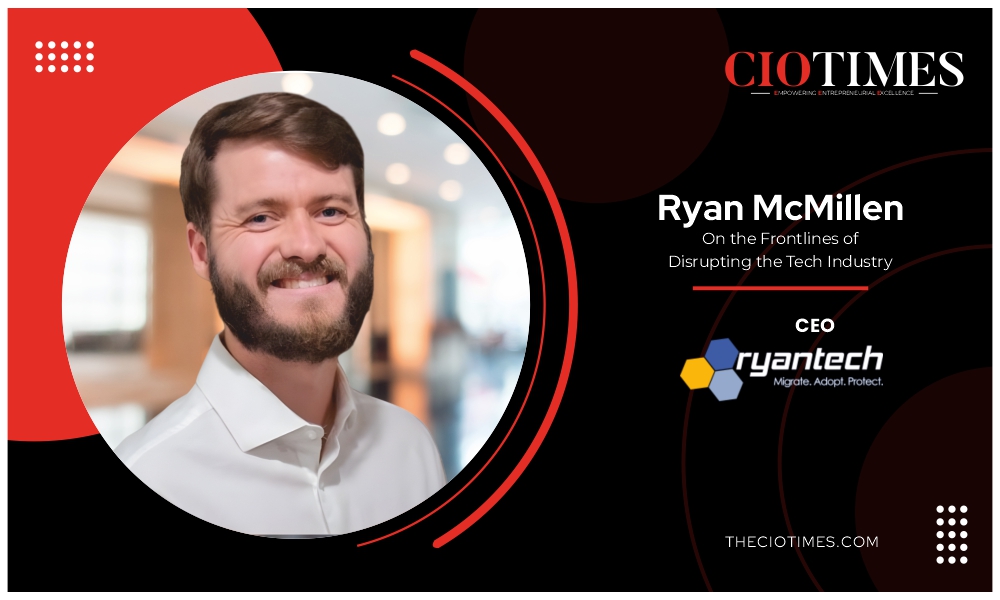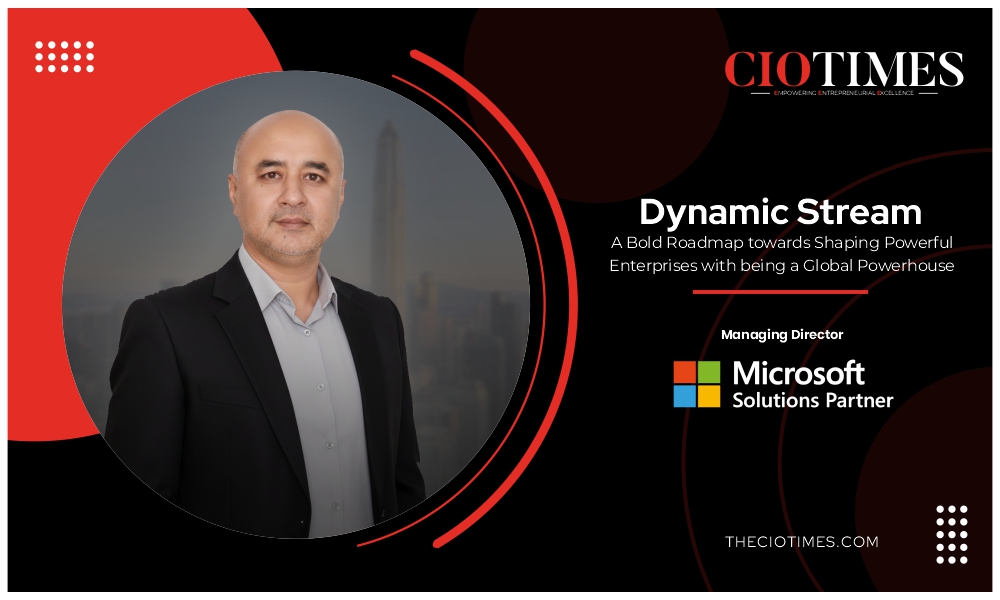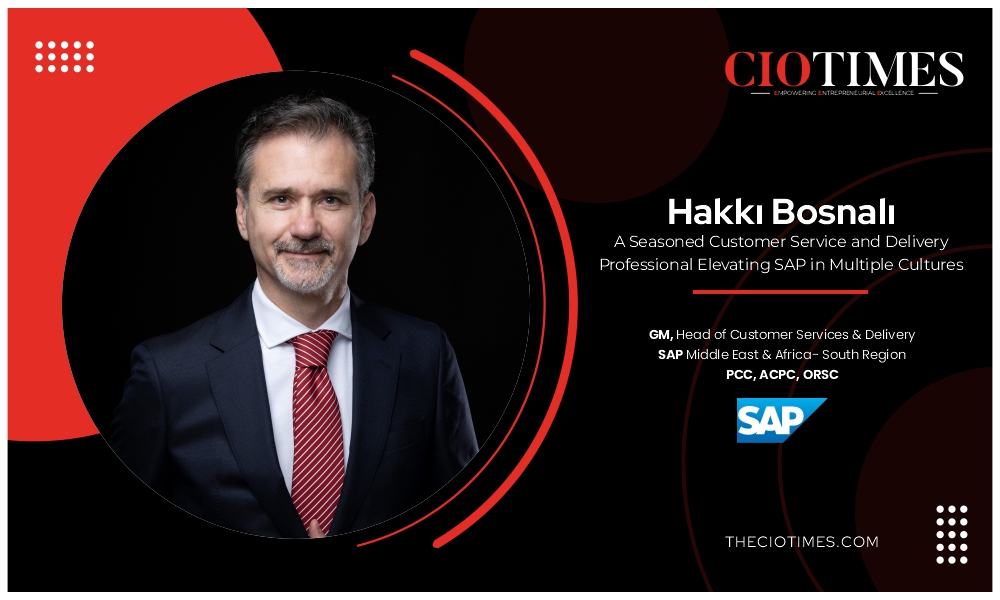Dr. Sanjiv Chopra chose to go into medicine at the age of 12 years, when he had a terrifying experience. He was studying at Saint Columba’s high school in New Delhi, and on a warm, sultry Sunday evening after playing a cricket match, he took a brief nap. When he awoke, he was terrified. His eyes were open and he could not see. He nudged his brother, Deepak, who reckoned that he was not faking it. His uncle, with whom they lived as they finished schooling in New Delhi, as his father – a prominent physician – was stationed 200 miles away, took him to a nearby military hospital. The doctors did not know what was going on. They finally got a hold of his father, who very calmly asked them what happened to Sanjiv over the past several months. They discussed that he had an injury, a sharp cut to his leg and was given antibiotics and stitches. His father asked if he was given a tetanus shot, to which they proudly responded he was. When they responded yes, his father quickly knew that he was having a rare idiosyncratic reaction to this shot. It is an incredibly uncommon occurrence, perhaps 1 in a million. The odds of his father even knowing this was remarkable. The next day, he said to himself that his dharma – his authenticity and moral truth – is to become a doctor.
He has told this story to professors of ophthalmology at Harvard, UCLA, Johns Hopkins, and they are flabbergasted that his father knew this. It is not even a common footnote in medical textbooks, and if it was not for his knowledge in that moment, he may have lost his vision permanently. After that, Dr. Chopra attended the All India Institute of Medical Sciences in New Delhi in 1966. This is where he met his wonderful wife, Amita, as classmates. After graduating, they moved to the United States. Since then, he has been fortunate to have training in gastroenterology and hepatology by Eli Schimmel, Raymond Koff, and Peter Banks, true giants in medicine. Dr. Chopra joined the faculty at Harvard Medical School almost 4 decades ago, and had the privilege of serving as both a professor and the Faculty Dean for Continuing Education at Harvard Medical School for 12 years. He now teaches leadership, medicine, happiness and purpose, and speaks throughout the United States and internationally. In addition, he is the Editor in Chief of the Hepatology section of “Up To Date”, an electronic textbook that is subscribed to by 1.5 million physicians in 195 countries.
Achievements and Awards
He has been fortunate to have his work as an educator and professor at Harvard Medical School be recognized with awards such as the Excellence in Teaching Award by Harvard Medical School and the American Gastroenterological Association’s Distinguished Educator Award. He was also awarded the George W. Thorn Award by the Brigham and Women’s Hospital house staff and Robert S. Stone Award by the Beth Israel Deaconess Medical Center house staff. He was recently the recipient of the Ellis Island Medal of Honor for “Exemplifying outstanding qualities in both one’s personal and professional lives while continuing to preserve the richness of one’s particular heritage”. In 2009 Dr. Chopra was elected as a Master of the American College of Physicians, a singular honor bestowed to only a select few individuals for being “citizen physicians, educational innovators, scientific thinkers and humanists who inspire those around him or her and set the standards for quality in medicine.”
“My purpose is to fulfill my dharma”
When we asked Dr. Chopra to describe himself in one word, he described himself as “Happy!” He said, “Even though ‘brevity is the soul of wit’, I am going to take the liberty of answering this question in more than a word, but using a phrase. That phrase is ‘I’m living my purpose’. Mark Twain most famously said, T’he two most important days in your life are the day you are born and the day you find out why’”. On that night in New Delhi, Dr. Chopra found his “why”, his dharma, and he is living his purpose in life. His purpose and his mission in life is “to fulfill my dharma to teach medicine, leadership, happiness, and living with purpose, to do it grounded with humility, and with an ardent desire to learn every single day. To celebrate with gratitude my family, friends, colleagues, students, and patients who inspire me in countless ways and in some small measure inspire everybody that I meet in this amazing life journey. Everything I do must align with my purpose.” If it is not, he considers it a distraction or a detour, regardless of what fame or fortune it might engender.
“In every adversity is the seed of greater success”
Dr. Chopra acknowledges that we all face major challenges. One of his children has a chronic health disorder for which she has required multiple admissions to the hospital. She also had a terrible accident some years ago when a car hit her as a pedestrian, and she sustained multiple fractures and a concussion. She was admitted to the hospital for several months. When something like that happens to a child, it can be very traumatic. Fortunately, she is doing very well now and is a happy and grateful person. Dr. Chopra himself has been in very good health, outside of two total hip operations and back surgery. These are challenges, but he believes that we learn and grow from them. There is a saying: in every adversity is the seed of greater success. We learn from it. Dr. Chopra thanks his family and friends who have been amazingly resourceful, helpful, and supportive in these somewhat trying times.
“Every man is guilty of all the good he did not do”
The most significant contributions Dr. Chopra has made, other than in hepatology and educating doctors across the globe about liver disorders, has been in his books and talks about leadership, purpose, and happiness. Teaching others to find and pursue their purpose and live with lasting happiness is something that Dr. Chopra finds immensely fulfilling. One of Dr. Chopra’s favorite quotes is that of the French philosopher Voltaire, who said “Every man is guilty of all the good he did not do”. Dr. Chopra firmly believes that it is vital that we share our talents and our skills with others and that knowledge is in the domain of the seeker. He believes that mentoring young people and nurturing students and junior faculty has been enormously gratifying for him. He has had the podium as a professor of medicine at Harvard Medical School, as a former Faculty Dean for Continuing Education, as a Continuing Medical Education course director for multiple courses nationally and abroad, and is a lecturer and keynote speaker for multiple courses internationally, sharing with others his reflections about the topics that he is most passionate about.
His way of motivation
Dr. Chopra keeps himself motivated by always remembering that “Success is not the key to happiness. Happiness is the key to success”. This wonderful quote by Albert Schweitzer guides how Dr. Chopra lives. He has found that there are four common traits to the happiest people on this planet:
- A cadre of good friends
- The ongoing ability to forgive
- Being of service to others
- Living with gratitude
What is the key to sustained happiness?
Happiness is more than the sum total of happy moments. In order for us to have sustained happiness, we must find our purpose and live it. Dr. Chopra keeps himself focused by staying in the moment, meditating, creating happiness in others. He meditates twice a day for fifteen to twenty minutes, and he believes that this is perhaps the greatest gift that he has given himself. It keeps him grounded and makes him more creative. In our interview with Dr. Chopra, he referenced an ancient saying: ‘You should meditate once a day, and if you do not have time to do it, meditate twice a day’. As he is always busy, he practices meditation twice daily. Although the experience of meditation is incredibly blissful, Dr. Chopra states that the reason we should do it is to accrue the benefits in activity. Hence, it is ideally done in the morning for 15 to 20 minutes and then again in the late afternoon for the same period.
Another important message for everyone in the world, according to Dr. Chopra, is to practice kindness and be compassionate. In the Talmud, it says compassion is the highest form of wisdom. The Dalai Lama said, “Be kind whenever possible, it is always possible”. He also said, “If you want others to be happy, practice compassion.” Additionally, Dr. Chopra believes that happiness is enhanced when one is philanthropic. He defines philanthropy as love for humanity. While many of us think of philanthropy as charitable donations, sums of money, a monetary concept, Dr. Chopra believes that philanthropy is more than money. To Dr. Chopra, if you give of your time, your talents, or your treasures, that is philanthropy. To be extremely philanthropic requires courage. American businessman, Chuck Feeney, is one such individual. He has given billions of dollars to various charities and kept only $2 million for his and his wife’s retirement. He has embodied the concept of“Giving While Living” beautifully. Bill Gates has said that Mr. Feeney is a role model for all of us.
Future of Humanity
Dr. Chopra, when asked to reflect on his future, answered that he believes the future of humanity belongs to young people. He also believes that women will shape the future. Forbes magazine has a cover story on several leaders who handled Covid-19 in an exemplary way. They were leaders of seven countries – Finland, Iceland, New Zealand, Denmark, Norway, Germany and Taiwan — all governed by women. One of Dr. Chopra’s favorite quotes is by Rabindranath Tagore, Nobel laureate in literature, who once said, “Every child comes with the message that God is not yet discouraged of man”. With all the wars, the killings, and the negativity in the world, every child gives us hope. To Dr. Chopra, that is the future.




